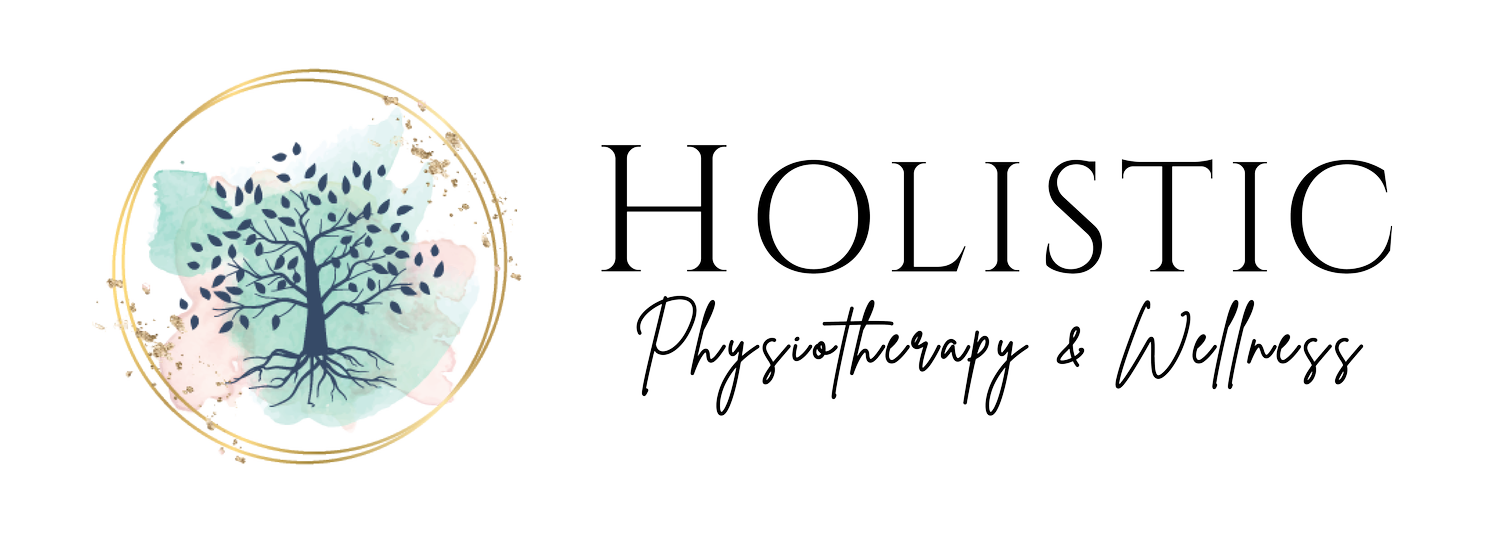The Hidden Cost of Stress: How Unresolved Tension Impacts Your Health
Written By Kim Deschamps | February 17, 2023
When imbalances occur in your body, like chronic pain or disease, it can be the result of many factors. Genetics clearly play a role, as can lifestyle choices like inactivity, poor nutrition, smoking, or overindulging in alcohol. Yet, there is a third factor that is less obvious and potentially far more impactful: stress.
Dr. Gabor Maté wrote the book on the cost of hidden stress. (Literally! The book’s title is When the Body Says No: The Cost of Hidden Stress.) It’s a groundbreaking work, and the concepts he presents really centered my approach to treating patients and discovering the root cause of their discomfort. But what exactly is the hidden cost of stress? Turns out, it can be a painful one.
In his book, which I highly recommend to anyone who wants to take better control of their health, Dr. Maté discusses the toll that negative thinking and negative talk can take on both your mind and body. He also outlines the effects that a consistent perceived threat or danger has on our mental and physical health. Those negative inputs and that constant state of high alert equal stress, and stress is a primary culprit driver of some of the most common and severe conditions, like heart disease, diabetes, cancer, arthritis, and more.
Dr. Maté also tells us that these diseases are not simply interruptions to our lives. Instead, they are manifestations of how we live and in actuality, very few of these diseases are the result of our genetic makeup. In fact, it is the environment in which we live that draws out any genetic predispositions we may have.
It can be early in our childhood when we begin to disconnect from our authentic selves and suppress who we truly are in order to maintain what Dr. Maté refers to as attachment relationships – like our earliest relationships with primary caregivers. These relationships can be fraught, and many people experience formative years that include trauma, emotional pain, and separation from self. Too often, the critical role that this plays in our overall wellness goes unexplored.
So, let’s explore this disconnection a little further. Think about a space in your life where you want to say yes to something – something that excites you, a creative desire or an act of self-expression – but you’re not saying yes. If you say no instead, why is that? Perhaps you are stifling that instinct in order to maintain an attachment relationship. Instead of being your authentic self, you may be compromising authenticity for the sake of harmony – essentially choosing the attachment over the true self.
In a perfect world, we attach to people who allow us to be our authentic selves without judgment, with loving support, and who share our values. But the world is far from perfect. The family we are born into and the family we choose may pose a challenge to our authenticity, and then what happens? We have to decide what’s more important to us, and we often decide in favor of the attachment (as children, we may not have been able to make those decisions – but as adults, we can.) Dr. Maté believes that denying the authentic self in this way can be very dangerous to our health.
Western medicine is not known for being trauma-informed and doesn’t always seek to detect or treat the root of pain or illness. That can leave us vulnerable to poor outcomes in mental and physical health. Dr. Maté tells us to recognize our maladies not as independent identities but as bodily expressions of mental suppressions. By reclaiming that authentic self, we can learn to heal the very source of our pain; we can do that through 7 A’s of Healing: Acceptance, Awareness, Anger, Autonomy, Attachment, Assertion, and Affirmation.
At Holistic Physiotherapy & Wellness, we help you rediscover yourself so you can go through those 7 A’s. We all have a beautiful light inside us. My job is to make yours shine, giving you the information to understand what happens in your body and the power to determine how you want to feel going forward.
Never doubt that your authentic light is gorgeous. Shine bright, my friend!
Are you struggling with persistent stress? Take the opportunity to book in for a FREE Discovery Call to Ask Questions about your symptoms and on how Lifestyle Medicine & PhysioYoga could help you to feel healthy and whole.
With grace,
Kim Deschamps
Kim Deschamps
MPT, BKin, PYT, BDN


